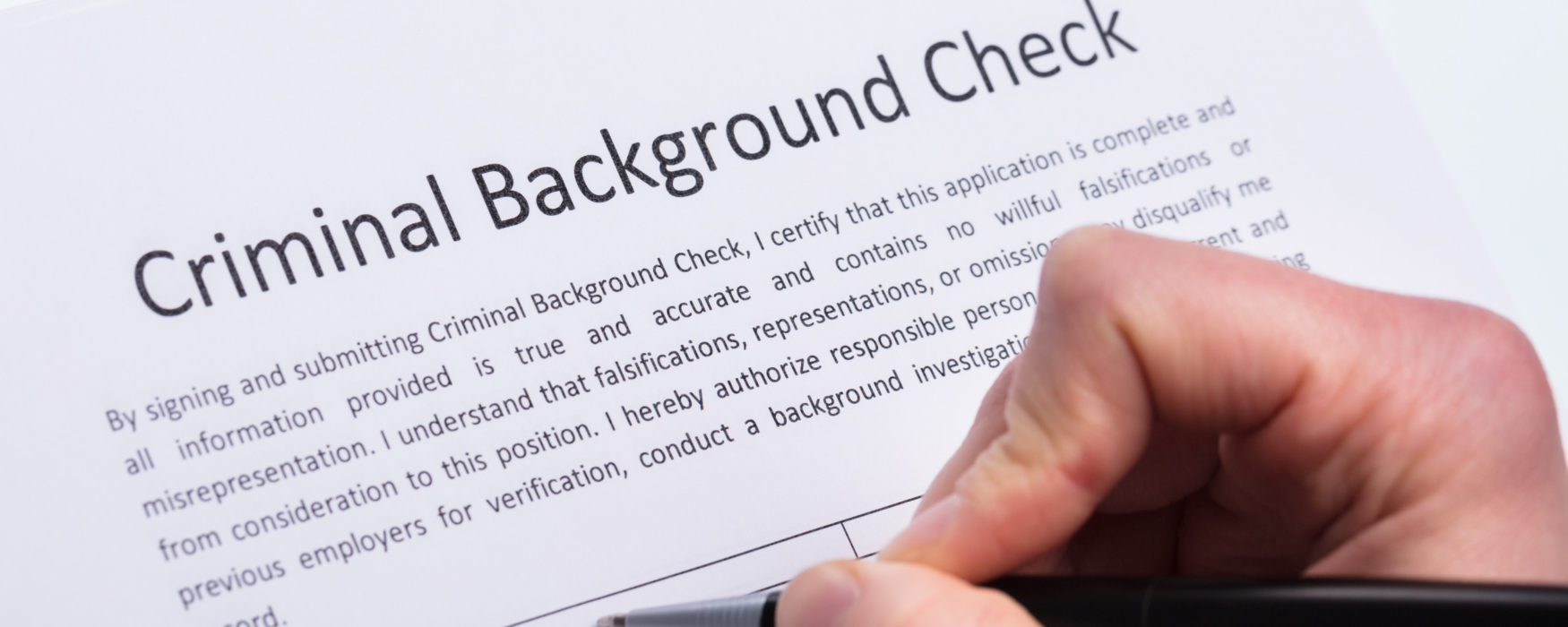
By Susan Chance, courtesy of SBAM Approved Partner ASE
Most people who use background checks for employment purposes are at least familiar with the Fair Credit Reporting Act, or FCRA. But did you know that the Consumer Financial Protection Bureau (CFPB) has some control over what records a background screening company, commonly referred to as a consumer reporting agency (CRA), can provide to you as an end-user of background screening reports?
The CFPB has recently issued an advisory opinion on the Permissible Purpose requirement from the FCRA, Section 604(a)(3). They have interpreted the permissible purposes to be “consumer specific” meaning that the permissible purposes only pertain to the subject of the report. What this means is that the CRA must have “reason to believe” that all of the information contained in the report actually pertains to the subject of the report. The permissible purpose does not apply to another person with the same name, so a CRA cannot provide information unless it can be matched specifically to the subject.
So, what does this mean to the end user? First and foremost, CRA’s cannot provide information that is matched only by a name. There must be additional identifiers such as full date of birth, address match, etc. A name-only match does not meet the FCRA requirement “to follow reasonable procedures to assure maximum possible accuracy of the information concerning the individual about whom the [consumer] report relates.” This applies to all names and is particularly important when a person has a common name.
A few years ago, one of my clients requested a background on a Michael Jackson, no middle name. Because that is such a common name, there were over 300 potential records on the Multijurisdictional (National) check. It took extra time to go through so many records, and it turned out that not one of them belonged to the applicant. You can see how a person can be negatively impacted by records with a name-only match being reported.
The National, or Multijurisdictional, check casts a wide net which can be helpful in finding records in locations other than a subject’s current state, county, etc. However, many of the records don’t provide enough information, such as full name including middle name, date of birth, address, etc. They may or may not show if the record is a felony or misdemeanor, which could have an impact on the reportability of the information. This is why additional county checks are sometimes required to validate the information.
Federal checks also provide little information other than a first and last name match in an initial search. This often makes it necessary to order court files to look for additional identifiers.
There are some instances where a record that does belong to a subject is not reportable. Courts in California, and some in Michigan, have redacted personally identifiable information from records such as dates of birth, social security numbers, addresses, etc. While Michigan delayed putting the law into place, some courts had already adopted the practice. There is a work around, but many courts are short staffed and too busy to take extra steps to provide validating information. If a CRA cannot make a match on more than just a name match, the record cannot be reported.
An employer can help by making sure their applicants provide full names, including the full middle name, and any other names they have used. Not all employers run social security number searches, but those are very helpful in providing other name and address matches.